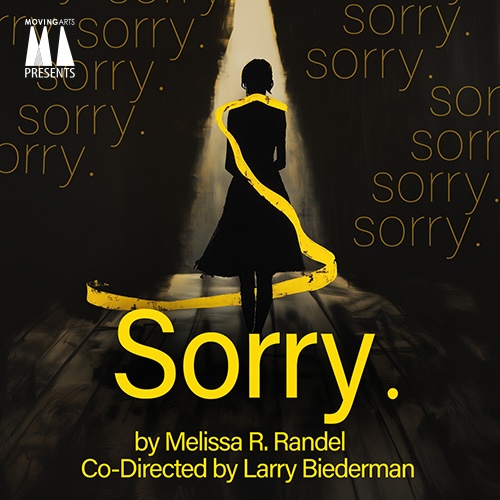Reviewed by Socks Whitmore
Pantages
Through August 18
Phone rings, door chimes, in comes Company: The gender-bent Broadway revival of Stephen Sondheim and George Furth’s 1970 concept musical about marriage, divorce, dating, and bachelorship in the city of New York makes its Los Angeles premiere at the Hollywood Pantages Theatre. Directed by three-time Tony Award winner Marianne Elliott (War Horse, The Curious Incident of the Dog in the Night-Time, Angels in America), the North American tour follows a Tony Award-winning run on Broadway including Best Musical Revival and a critically acclaimed engagement in London’s West End.
The 2018 West End production was the first to reimagine Company’s male protagonist Bobby as the female bachelorette Bobbie and to update the gender roles of several characters, including adapting a pair of her engaged friends to be in a same-sex relationship. Sondheim himself approved the gender-swap, collaborating with the team to update the libretto. Just days before he passed, Sondheim expressed the beautiful impermanence of theater: “What keeps theater alive is the chance always to do it differently, with not only fresh casts, but fresh viewpoints. It’s not just a matter of changing pronouns, but attitudes.”
The revised libretto of Company follows Bobbie at the time of her 35th birthday, structured around a series of disconnected vignettes of Bobbie’s dating life and married friends. From a fitness-obsessed foodie wrestling with her recovering alcoholic spouse to an embittered older woman berating her dance clubbing husband, the neurotic collection of dysfunctional relationships illustrates the ups and downs of married life, as well as Bobbie’s own desperate yearning for a life partner to complete her.
Elliot’s direction leans into the anthological nature of the show through the use of selfie-based choreography, abstracted photo flashes, and set pieces resembling polaroid frames, all of which emphasizes the theme of capturing memories and looking back. The show opens on a small room contained within an illuminated cube, placed in the center of a pitch-black stage — an incredibly striking use of expansive negative space (though it overstays its welcome into several minutes of awkward silence and stilted beats).
Bunny Christie’s Tony-winning set design is full of innovative ideas, though at times hampered by underwhelming execution. The first cube is periodically connected and disconnected from an impressive larger rolling set piece that serves as a living room, kitchen, bathroom, and bedroom at different points throughout the show, which is utilized both to extend Bobbie’s apartment to full size and to represent the various residences of her coupled friends. The use of giant letters spelling COMPANY as moving set pieces is semi-successful, if narratively immaterial; the alphabetic rearrangement into a rooftop “NYC” sign is a creative choice but the strategy lacks impact overall.
Though the non-linear script and overly abstracted portrayals of everyday moments may leave some audiences feeling unengaged, the show is sprinkled with moments of theatrical magic. The choreography of a crowded birthday party in Bobbie’s tiny dining room and the use of stage “magic” to transport actors across the stage are delightful, particularly the use of a fridge door as an entrance. The married life “Tick Tock” montage in Bobbie’s apartment is particularly cinematic, filling the stage with actors dressed as Bobbie for an increasingly chaotic sequence of mundane possible futures. Tyler Hardwick as PJ captivates in “Another Hundred People,” while Britney Coleman as Bobbie displays skillful vocal control (though her operatic timbre doesn’t always seem to fit the material).
The gender swap approach offers new context to much of the show’s original story, reframing moments like Joanne’s proposition for Bobbie to have an affair with her husband or Jamie’s pre-wedding jitters as a queer man. Some moments are missing from the revised libretto, like Peter and male Bobby’s rooftop exchange about homosexual experiences, or the key adjustment of Bobbie’s line from “But who will I take care of?” to “But who will take care of me?” The straight-ification of already heavily heterosexual elements feels questionable; the attempts to modernize the show for contemporary audiences are admirable but slightly miss the mark.
Pantages Theatre, Hollywood Blvd. Hollywood. Tues.-Thurs., 7:30 pm, Fri.-Sat., 8 pm, Sat., 2 pm, Sun., 1 pm and 6:30 pm; thru Aug. 18 www.hollywoodpantages.com. Running time: two hours and 40 min with one intermission














